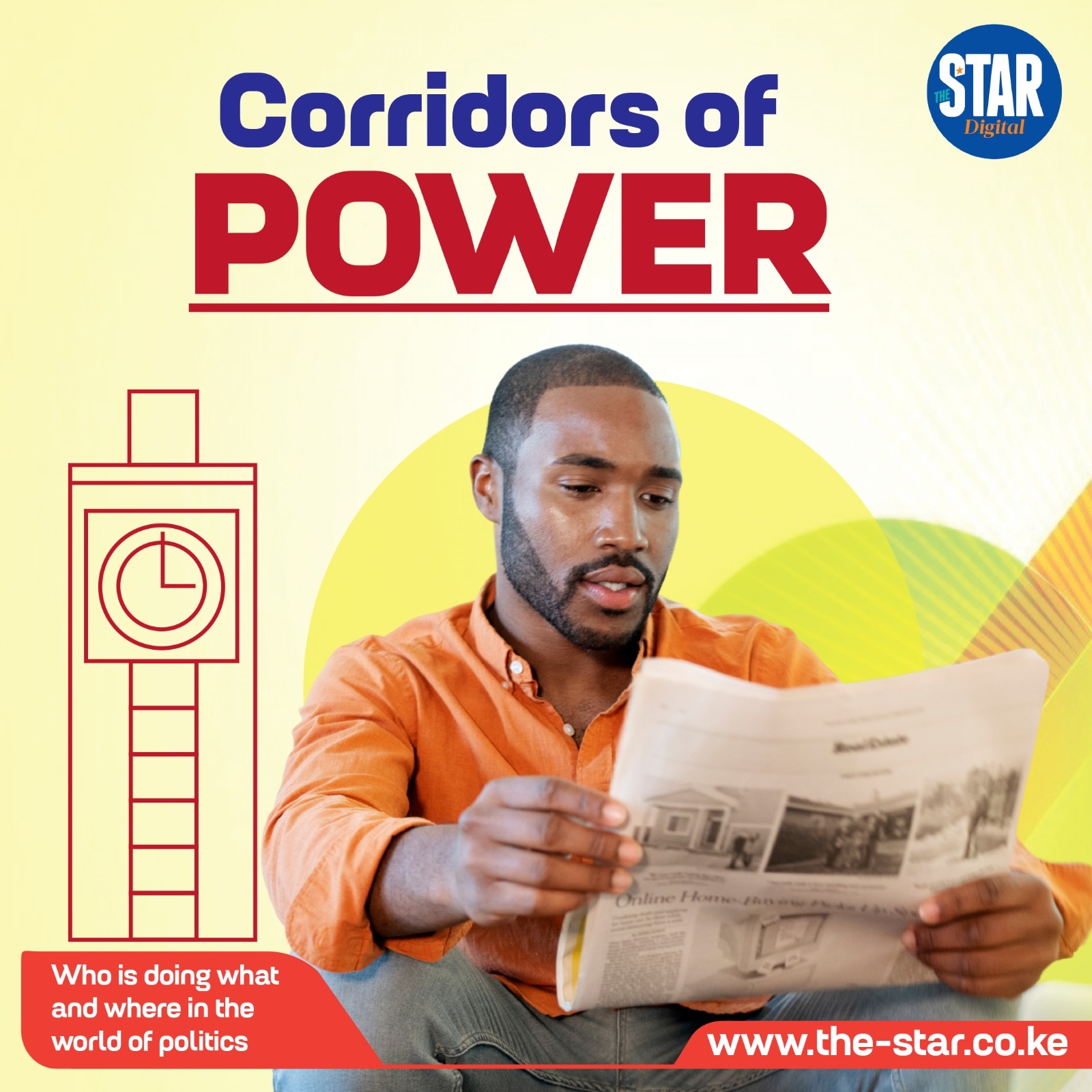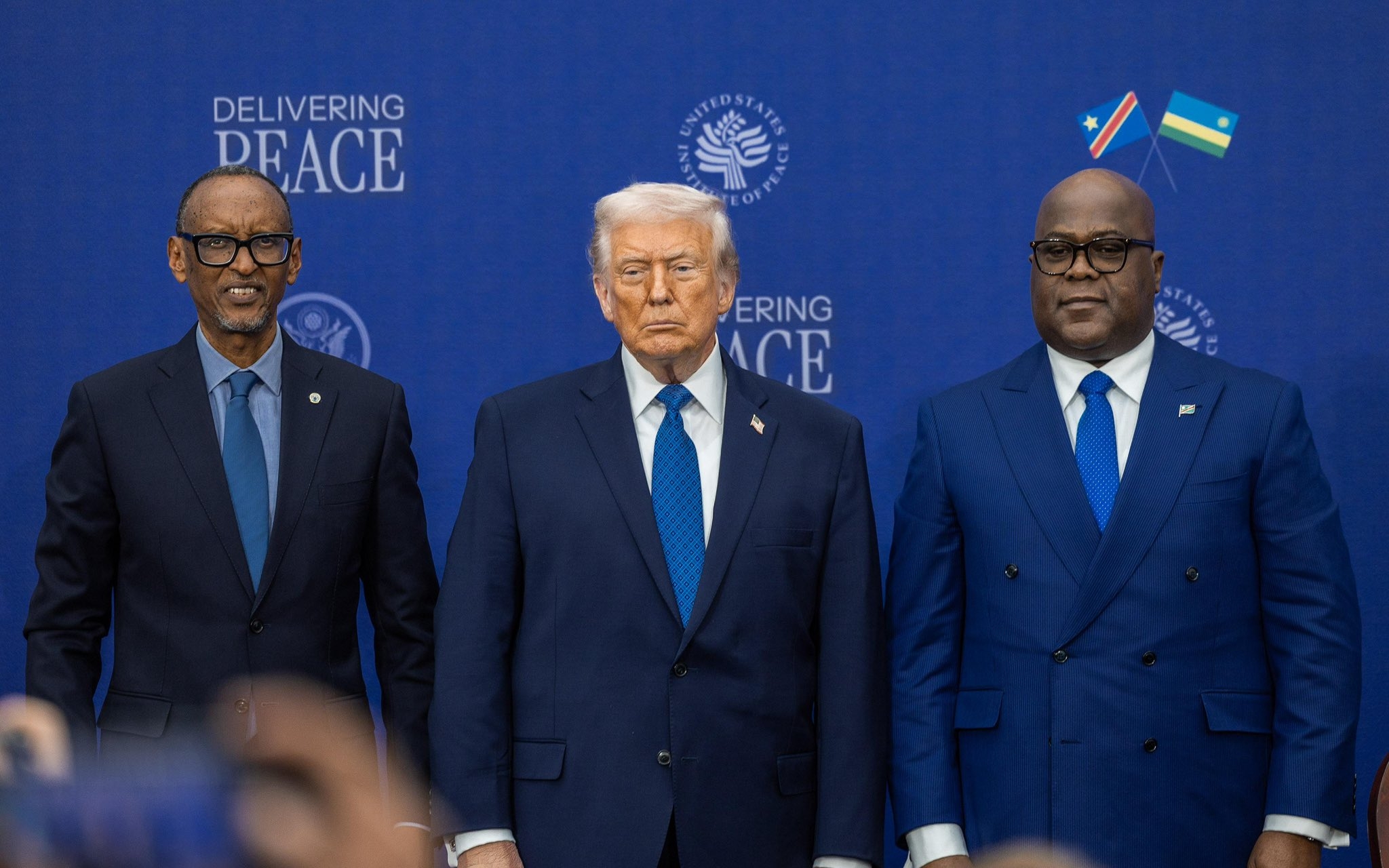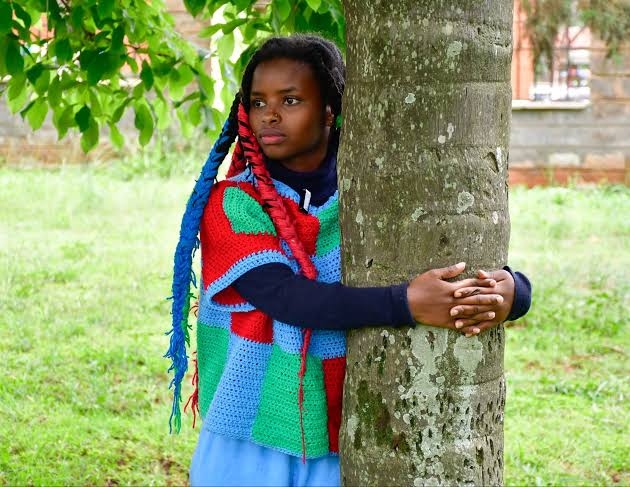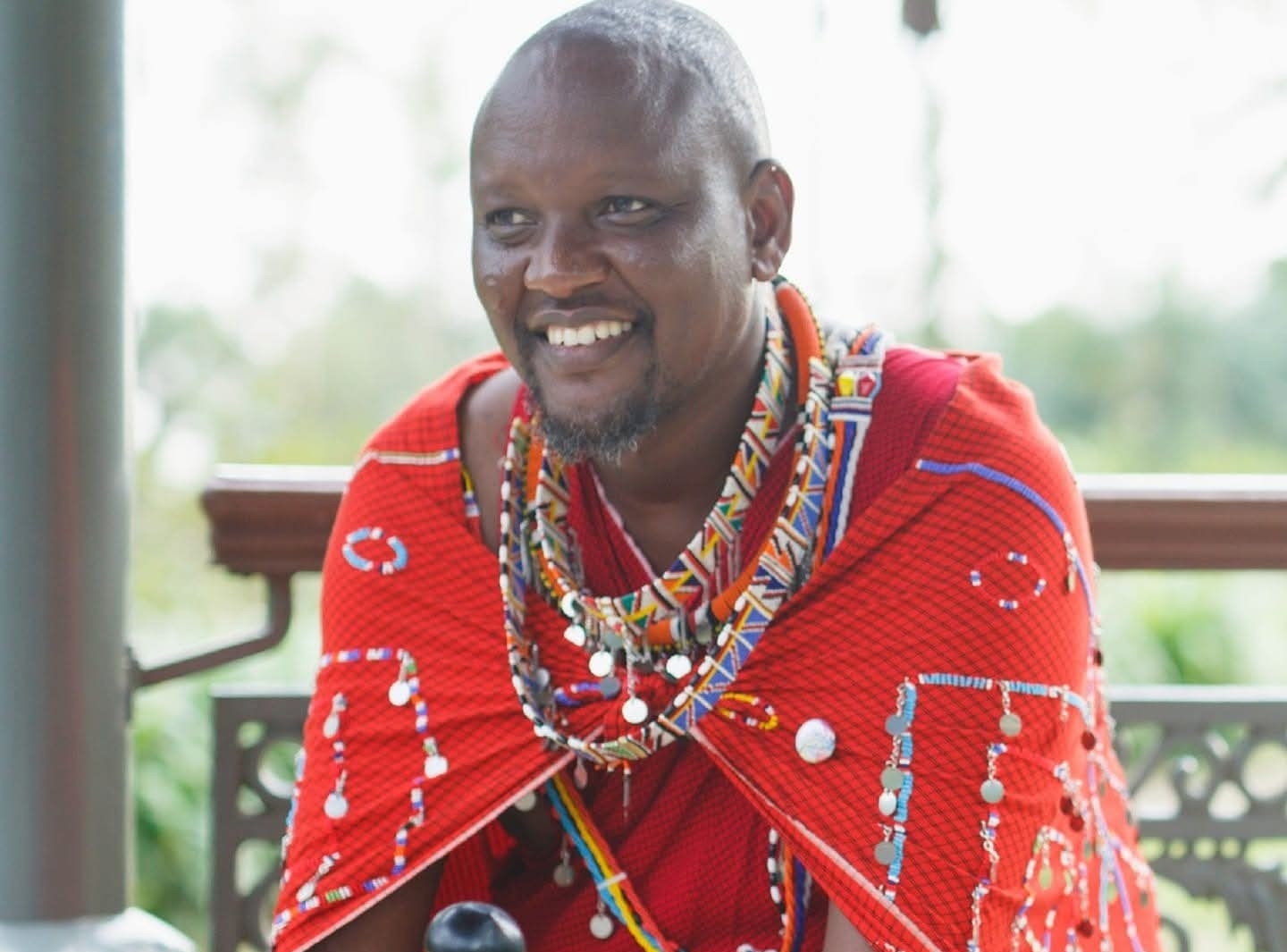Kenyans living with disability are unable to access contraception in public hospitals due to floods and protests, their advocates say.
They asked the Ministry of Health to set up a task force to address the challenges women and girls with disabilities face in the provision of sexual and reproductive health services.
Speaking at a meeting organised by the Health, Education and Infrastructure Disability Inclusion Consortium to commemorate World Population Day, the leaders presented research findings showing that women and girls experience barriers in accessing reproductive health services.
World Population Day was set aside by the UN in 1994 to focus the world attention on the urgency population issues, such as fertility and sexual and reproductive health rights.
“The objective of the commemoration event today has two objectives. The first objective is to raise public awareness on sexual and reproductive health rights of women and girls with disabilities and consequences of discrimination including maternal deaths, infant mortality, aggravated disability, disproportionate rate of HIV/AIDS infection, mental illness and sexual and gender based violence, ” Jane Ndenga, the chairperson of HEIDI, said.
“The second objective is call the government to pay attention to the ongoing discrimination of women with disabilities in provision of sexual and reproductive services and to take immediate policy and programmatic actions to end the discrimination.”
The leaders say recent events such as devastating floods and the ongoing political protests have had a negative impact on access to reproductive health services.
“Disruption in movement meant that it was impossible to seek reproductive health services be it maternal or family planning services. Humanitarian situations that cut off persons with disabilities from work usually lead to increased sexual and gender based violence and the flooding period was not an exception," Jane Kihungi, executive director of Women Challenged to Challenge, said.
Citing two recent studies conducted on the state of the sexual and reproductive health of women and girls with disabilities, the leaders highlighted how far women and girls with disabilities have been left behind in enjoyment of universal sexual and reproductive health services and rights.
Dr Josephta Mukobe, board secretary of the WCC, said they conducted one study in 2021 on the Sexual and Reproductive Health Rights of Women and girls with Disabilities in Nairobi, Siaya and Migori counties. They found that while Kenya has an elaborate policy and legal framework for promoting sexual and reproductive health rights, women with disabilities.
“However it also established there are a myriad of sexual reproductive health and rights issues and challenges experienced by women and girls with disabilities in the communities where they live such as relationships, access to and availability of disability-friendly SRH services; stigma and discrimination,” Mukobe said.
Sally Nduta, executive officer of the United Disabled Persons of Kenya, said the government needs to understand sexual and reproductive health issues of women and girls with disabilities, how to deliver sexual and reproductive health services to women and girls with disabilities and the disability inclusion gaps in the legal and policy guidelines implementations.
“For this we call upon the Cabinet Secretary for Health to establish a task force that undertake this task and recommend a national action plan for change,” she said.

















